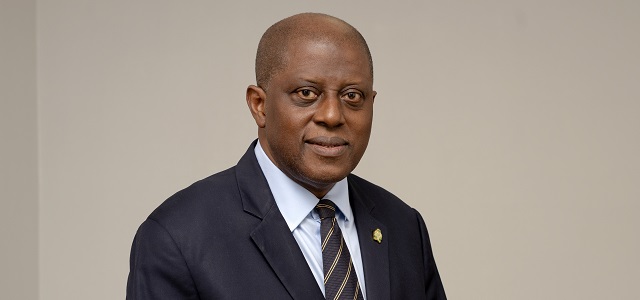“Nigerians Outspend CBN’s Foreign Reserves on Education and Healthcare Abroad” Cardoso
By Patience Ikpeme
Nigerians have spent more foreign exchange on education and healthcare abroad than the Central Bank of Nigeria CBN) has in the foreign reserves.
Specifically, Nigerians have spent around US$40 billion on foreign education and healthcare in the last ten years while the country has only $33.1billion in its foreign reserves presently.
The Central Bank of Nigeria’s Governor, Yemi Cardoso, shared this surprising news with members of the House of Representatives in Abuja on Tuesday.
Cardoso told the legislators that “between 2010 and 2020, foreign education expenses amounted to a substantial US$28.65 billion, as per the CBN’s publicly available Balance of Payments Statistics”.
“Similarly, medical treatment abroad has incurred around US$11.01 billion in costs during the same period. Consequently, over the past decade, foreign exchange demand for education and healthcare has totaled nearly US$40 billion”.
“Notably, this amount surpasses the total current foreign exchange reserves of the CBN. Mitigating a significant portion of this demand could have resulted in a considerably stronger Naira today”
Cardoso explained to the House of Representatives that this big spending, especially in dollars, is making it hard to keep the value of the Naira steady.
He pointed out that Nigerians are splurging on things like foreign education, medical treatment overseas, and personal travel, which adds up to billions of dollars leaving the country each year.
The CBN governor suggested that if more people bought goods made in Nigeria and sought medical care locally, it could help save dollars. Cardoso also mentioned that choosing cheaper travel options or exploring tourism within Nigeria could make a difference.
He compared today’s situation to the 1980s when Nigeria made more of its own stuff and didn’t rely so much on imports. Back then, the Nigerian currency was stronger because fewer dollars were being spent abroad.
Cardoso believes that if people start being more mindful of spending dollars, it could help strengthen the Nigerian currency.
He also shared that the Central Bank is aiming to reduce inflation to 21.4 percent by the end of 2024 by working on policies to stabilize prices and boost investment and jobs.




